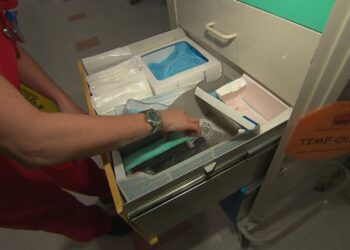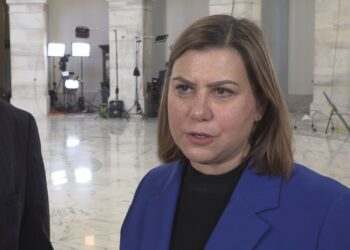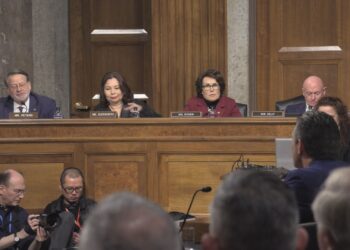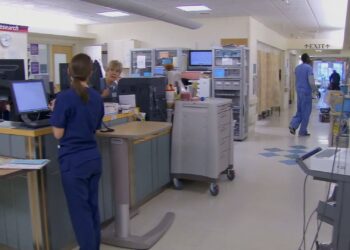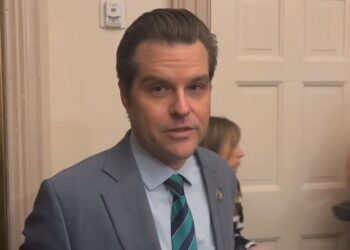WASHINGTON, D.C. – President Biden announced he plans to end the COVID public health emergency in May. It’s a symbolic shift that also means changes for people needing COVID testing and treatment.
This announcement from the president was in part a response to House republican proposals relating to the pandemic, specifically republicans calling to end the emergency declaration as soon as possible and to eliminate the COVID vaccine mandate for health care providers.
“Under the guise of COVID-19 democrats’ authoritarian policies weaponized the federal government, forced unconstitutional vaccine mandates and cost hundreds of billions in waste and abuse in hard earned taxpayer dollars,” said Rep. Elise Stefanik (R- NY).
House republicans said its been two long years of democrats power grab policies and their goal this week is to pass legislation relating to COVID. The Biden administration argues an abrupt end to the emergency declaration would create wide-ranging chaos and uncertainty throughout the health care system. They add that under the public health emergency the medicaid program operated under special rules to provide extra funding to states to ensure that tens of millions of vulnerable people kept their medicaid coverage during a global pandemic. Last month, congress enacted an orderly reduction of these rules to ensure that patients didn’t lose access to care unpredictably and that state budgets don’t face a radical cliff. Democrats didn’t argue that the severity of the pandemic has shifted, acknowledging that for the most part, people are back to their normal routines, but they argue that state and federal agencies, as well as people need to be prepared for when the declaration ends.
“This immediate reversal offers no off ramps for benefits, threatening aid for nursing homes and hospitals, additional support for the VA, as well as help for small businesses and more,” said Rep. Jim McGovern (D- MA).
During this pandemic, people were able to get free COVID tests and the vaccine. Ending the emergency declaration will change that. Charges for testing, treatment and the vaccine will vary depending on if they have Medicare coverage, private insurance, Medicaid coverage or no healthcare coverage at all. Pfizer and Moderna have already said that their prices for the vaccine will likely be from 80 to 130 dollars per dose.
The House debated ending the emergency declaration and this week, there will be a House committee hearing focusing on federal pandemic spending. We expect republicans to really criticize the spending on COVID for these past couple of years.

